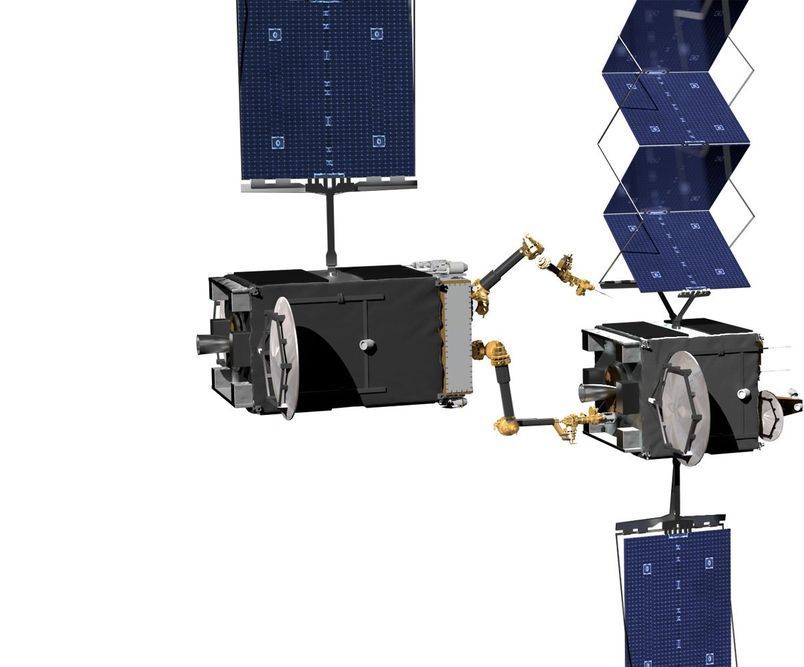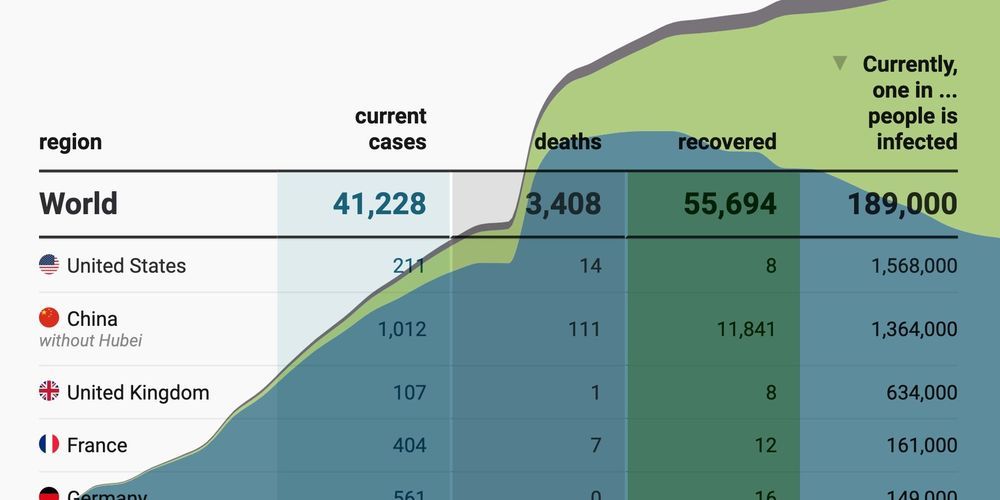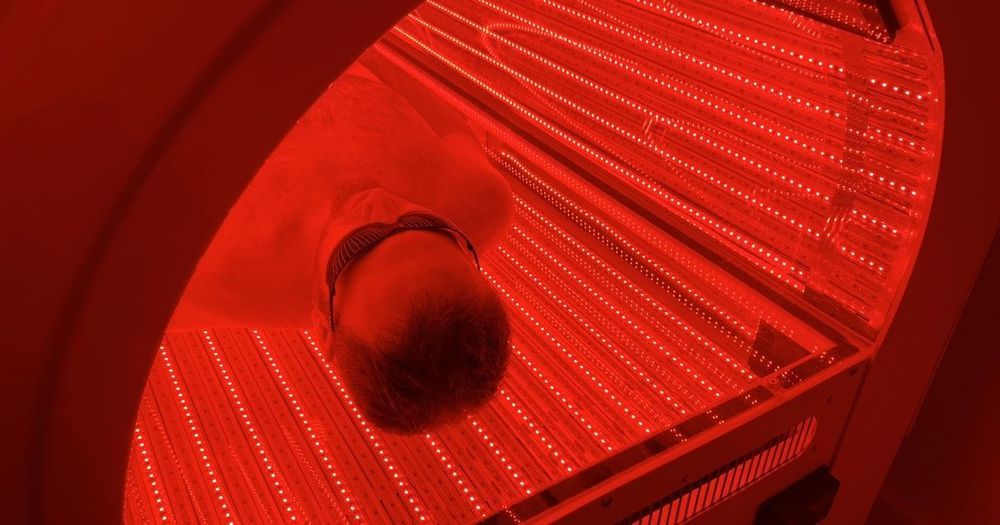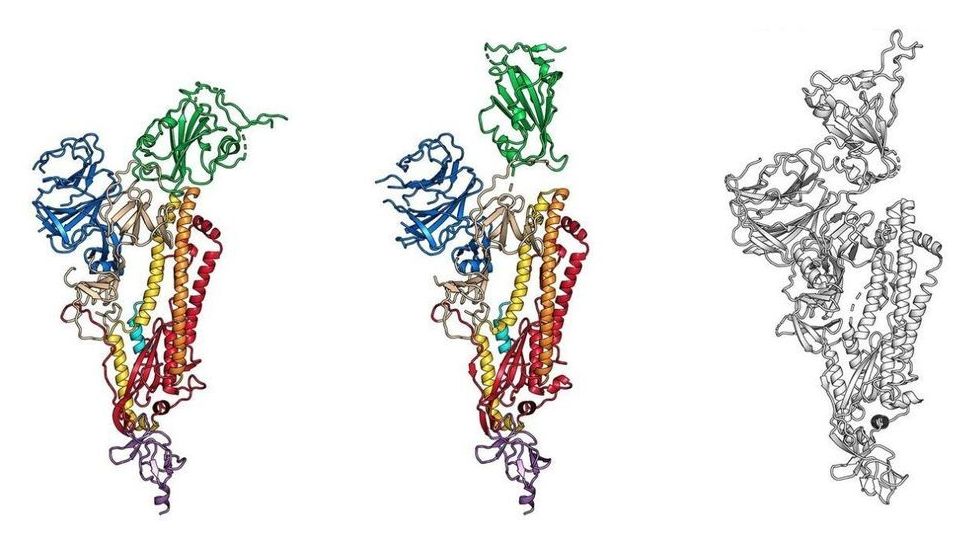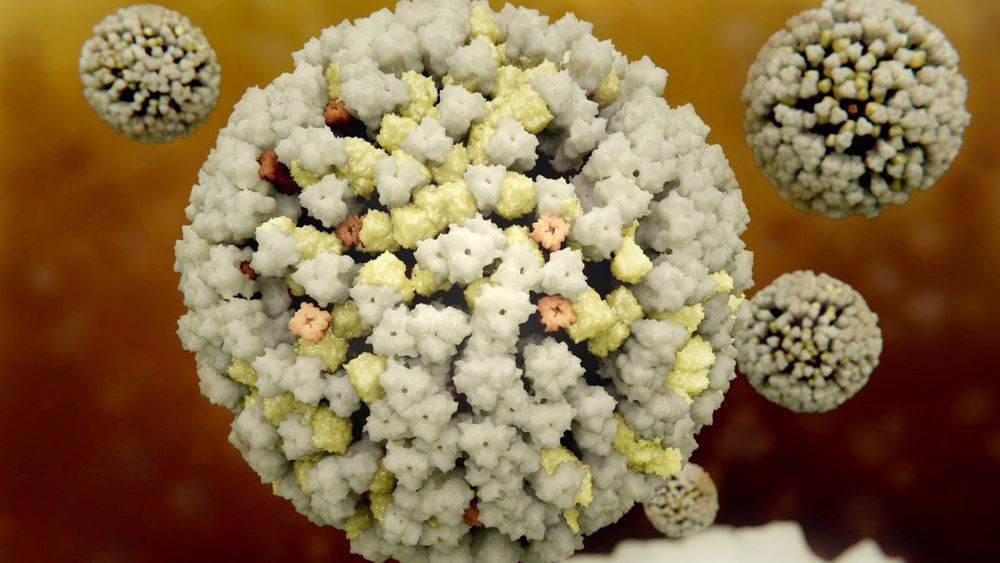Mar 10, 2020
Wait, What? The First Human-Monkey Hybrid Embryo Was Just Created in China
Posted by Quinn Sena in categories: bioengineering, biotech/medical, ethics
The news did not sit well with Chinese scientists, who are still recovering from the CRISPR baby scandal. “It makes you wonder, if their reason for choosing to do this in a Chinese laboratory is because of our high-tech experimental setups, or because of loopholes in our laws?” lamented one anonymous commentator on China’s popular social media app, WeChat.
Their frustration is understandable. Earlier in April, a team from southern China came under international fire for sticking extra copies of human “intelligence-related” genes into macaque monkeys. And despite efforts to revamp its reputation in biomedical research ethics, China does have slacker rules in primate research compared to Western countries.
If you’re feeling icked out, you’re not alone. The morality and ethics of growing human-animal hybrids are far from clear. But creepiness aside, scientists do have two reasons for wading into these uncomfortable waters.



